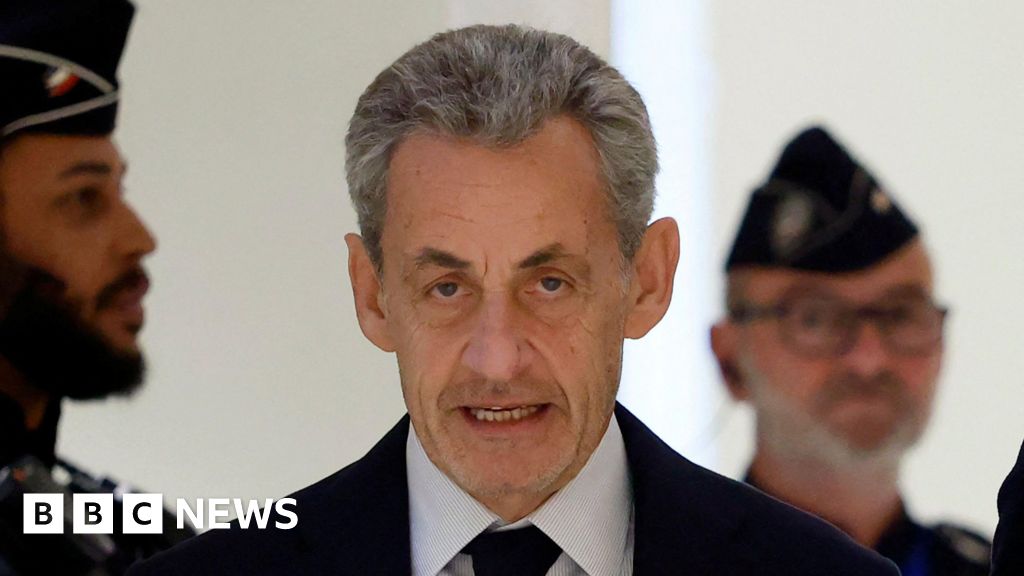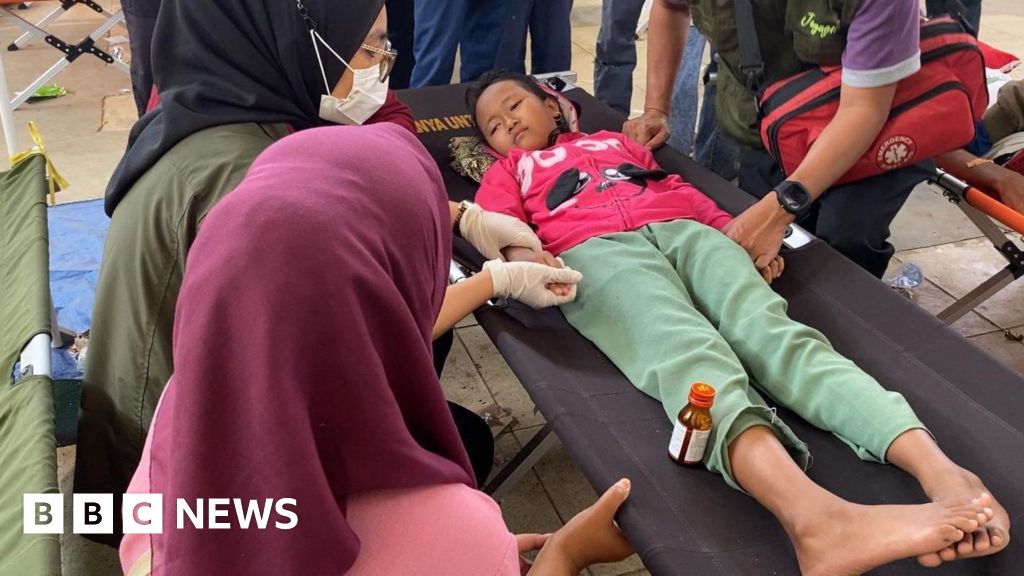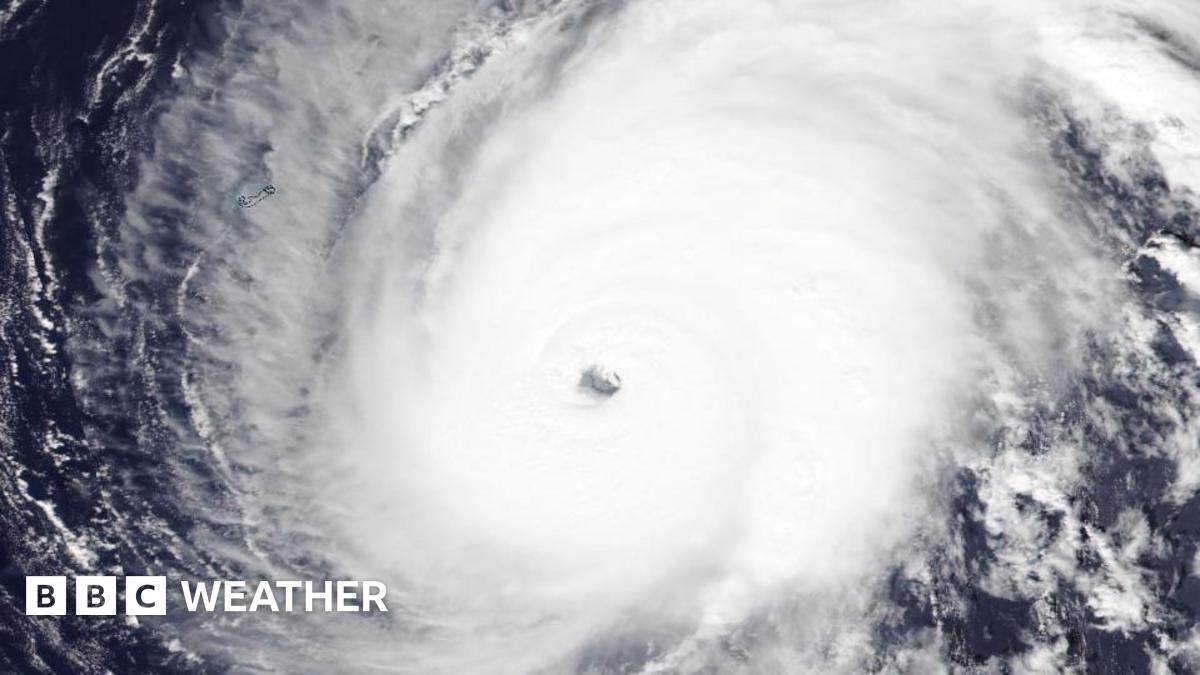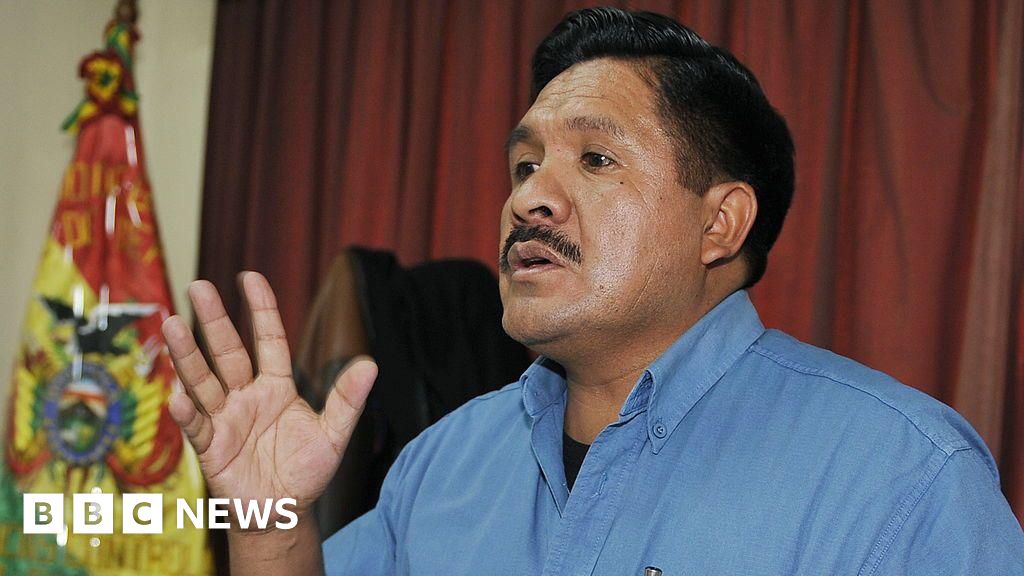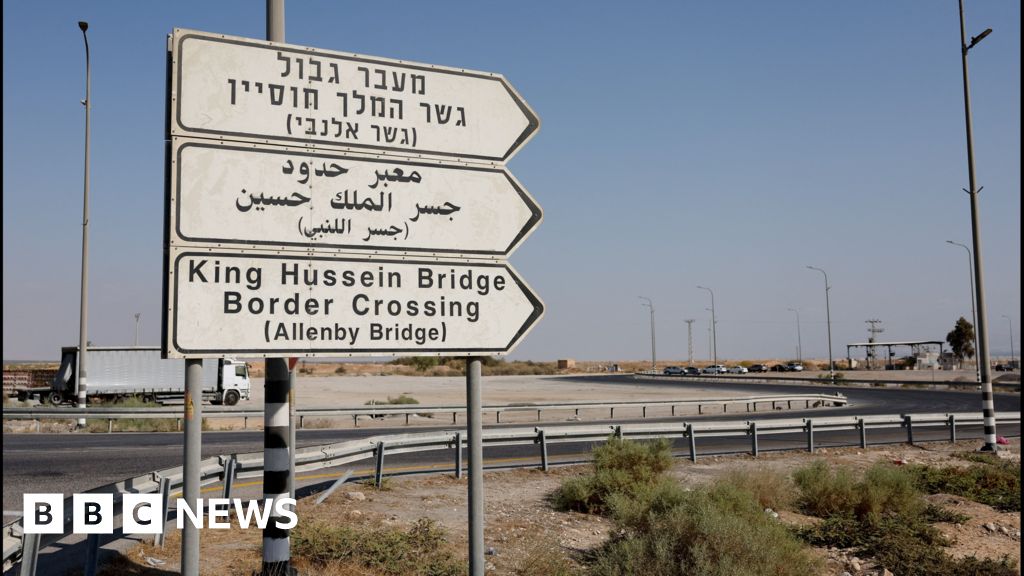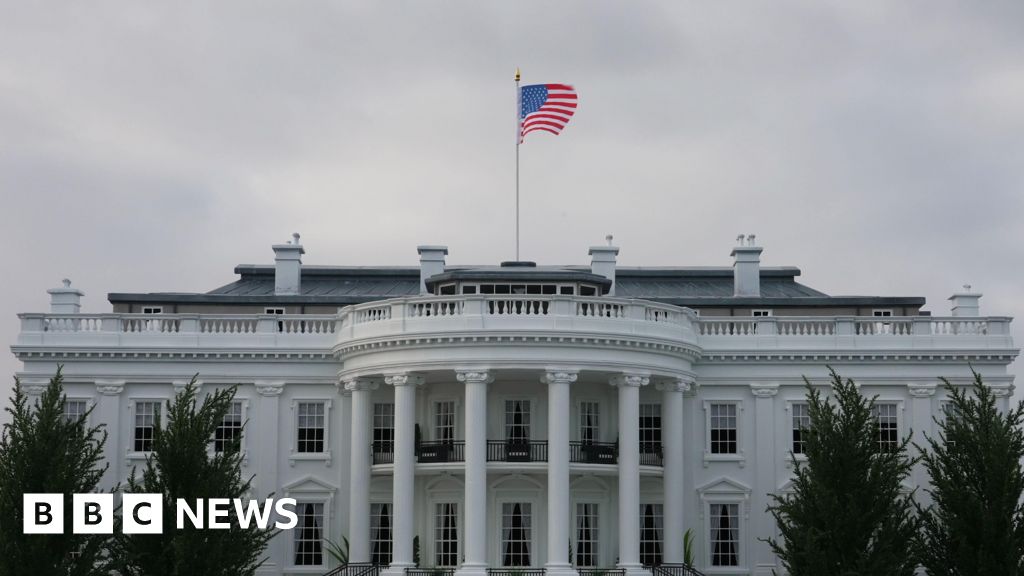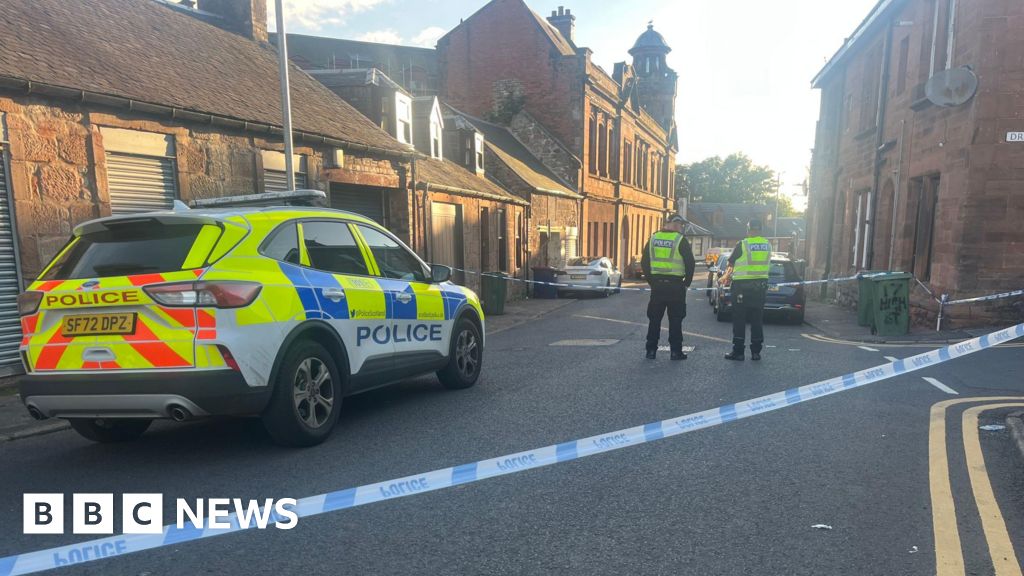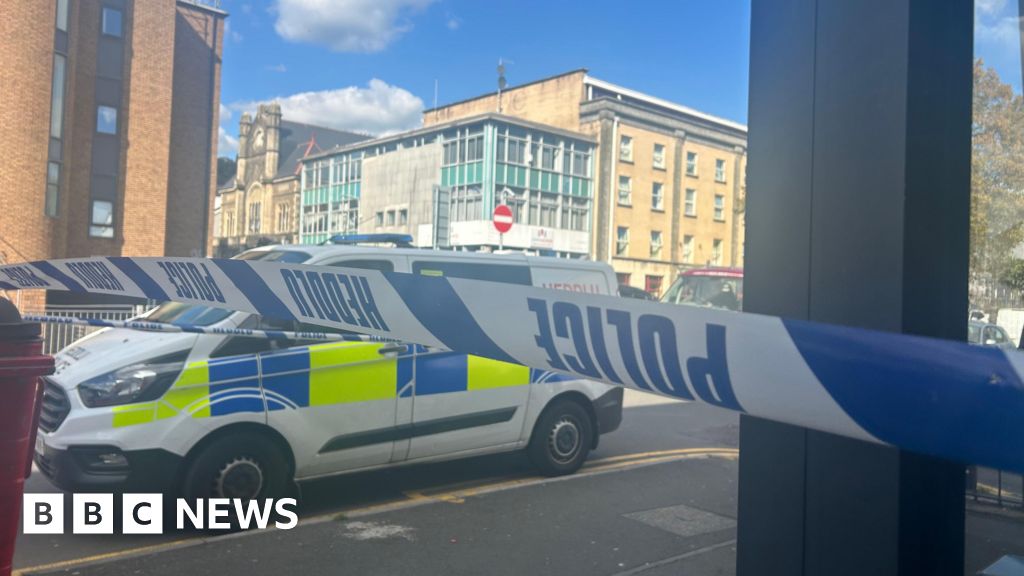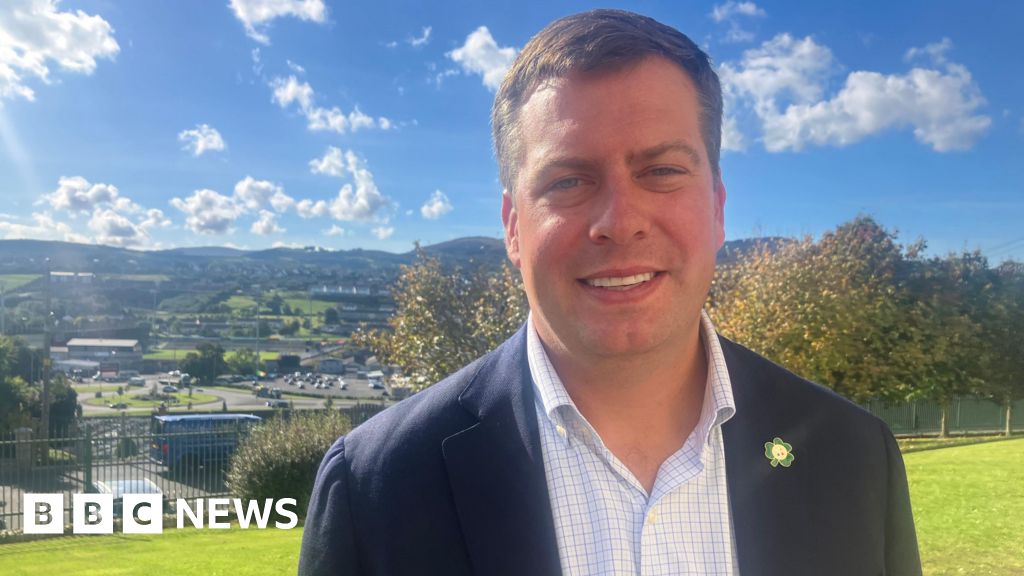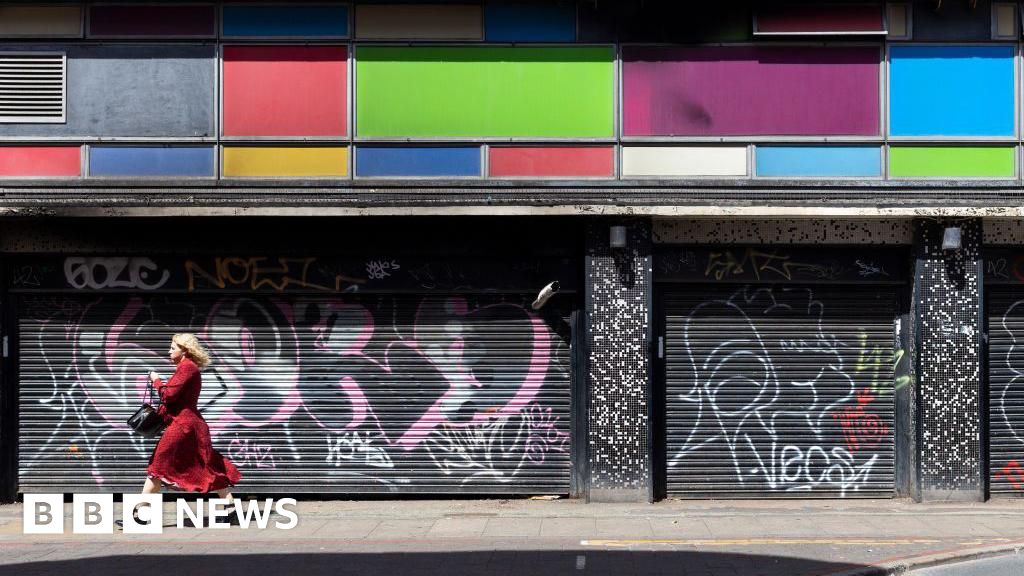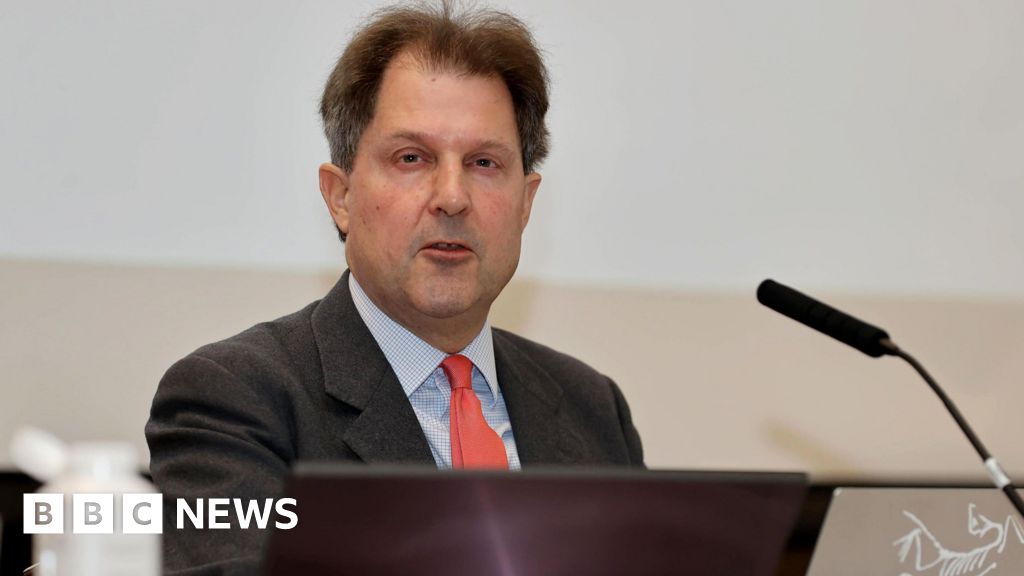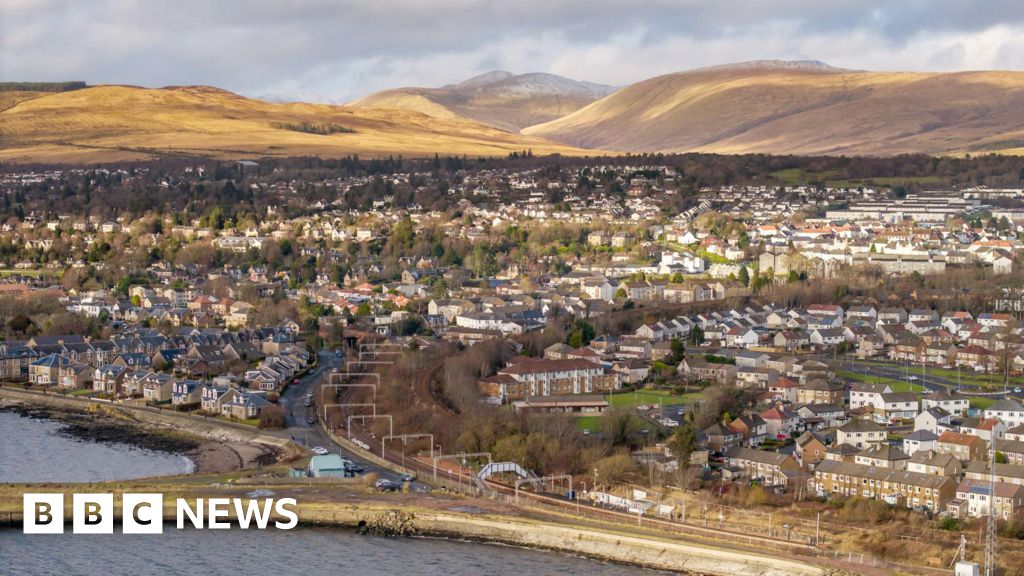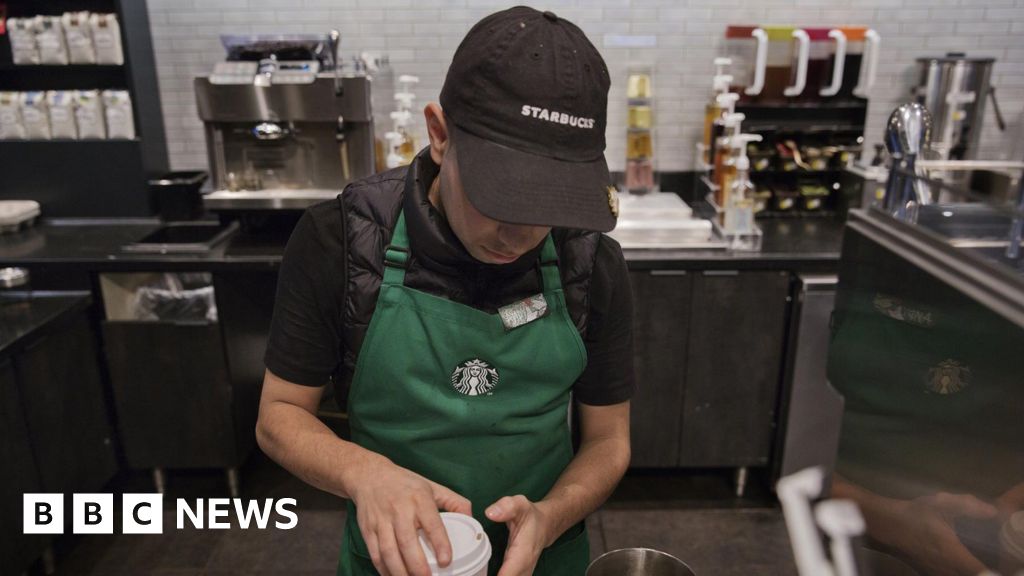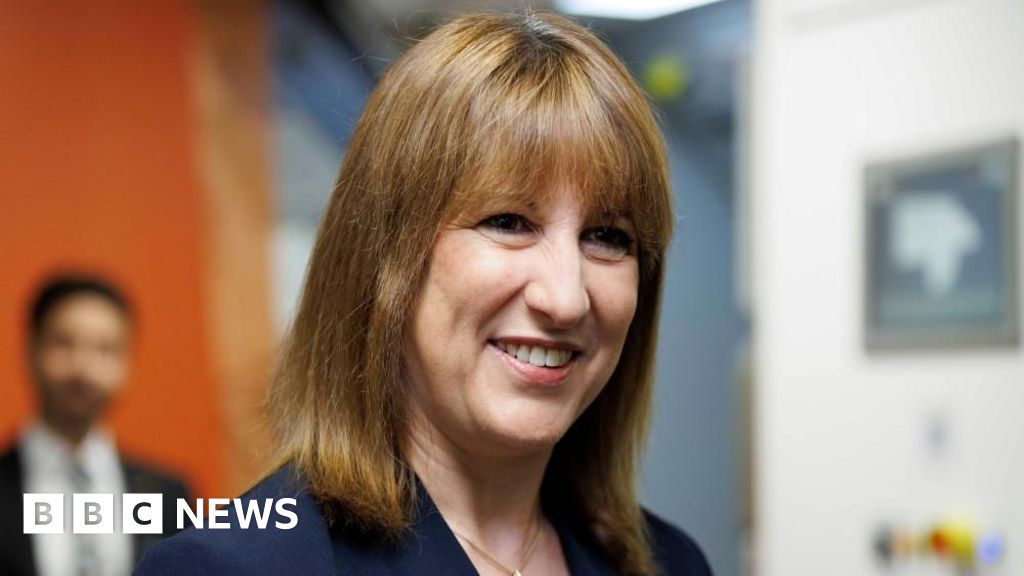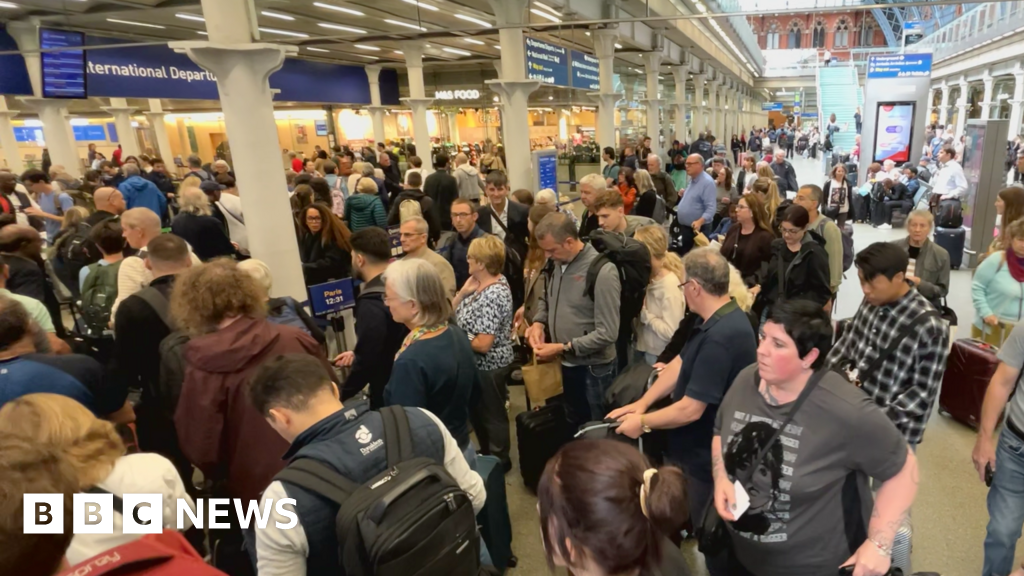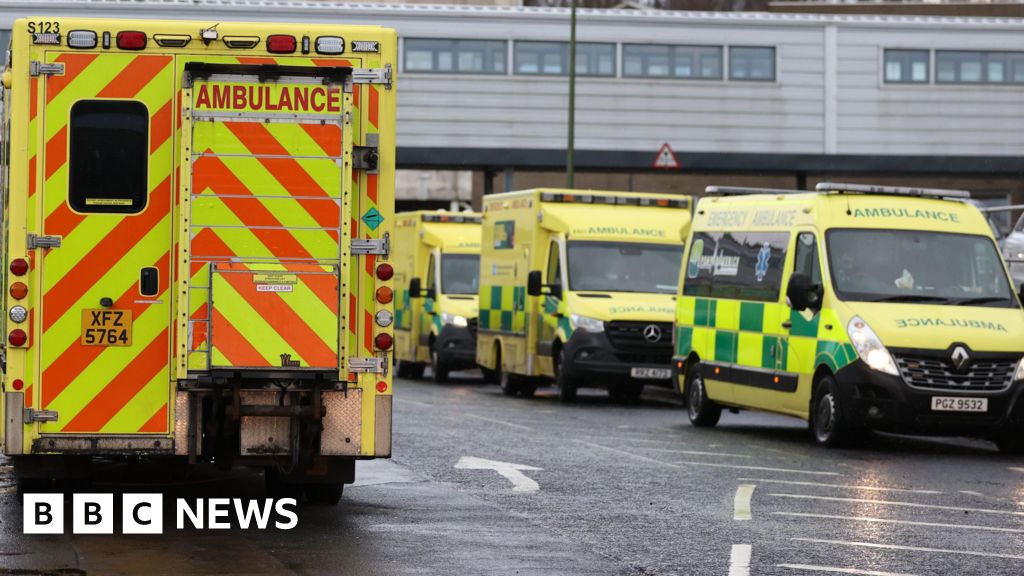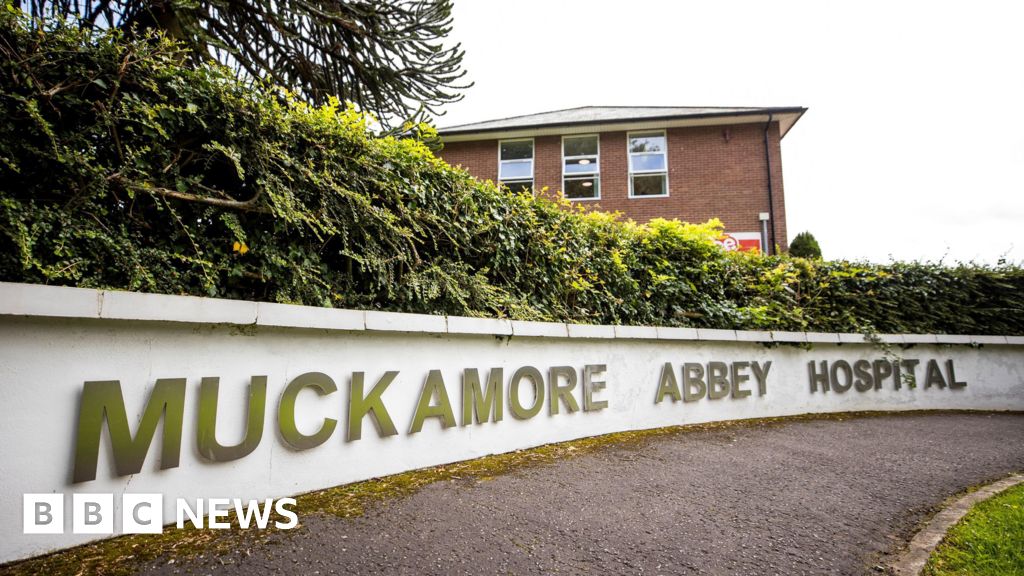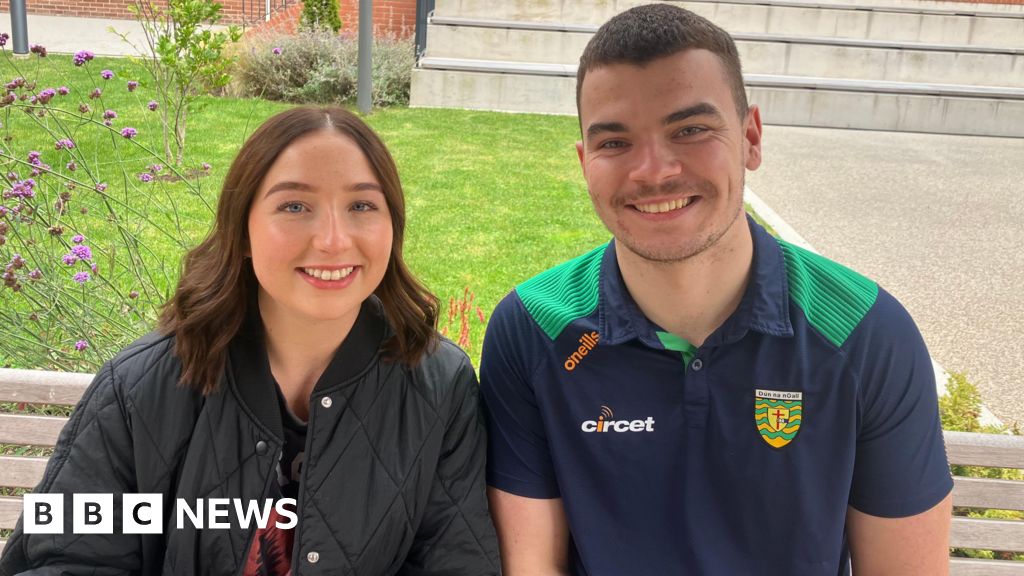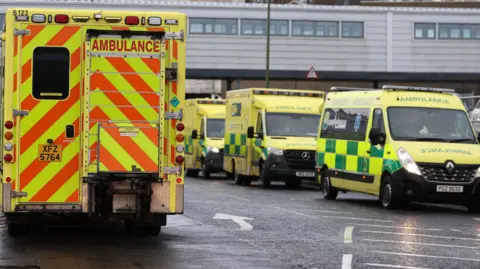 PA Media
PA MediaThe Northern Ireland Ambulance Service (NIAS) has been facing chronic staffing shortages on Saturday nights, one of the busiest nights of the week for emergency services.
A freedom of information request, submitted by BBC News NI, shows that in the year to August, there were no Saturday nights where Northern Ireland had a full rota of emergency ambulance crews.
The service told BBC News NI that it should have 52 crews on a “typical Saturday”, but on three occasions there were just 36 in place.
NIAS said more than 40 new paramedics have been hired to ease staffing issues.
It said there were a “number of contingencies”, including the use of private and voluntary services such as St John’s Ambulance.
Ambulances in Northern Ireland are allocated by regional division, but crews can be redirected to attend calls in other areas.
Figures sent to BBC News NI by the NIAS show:
- In Belfast, it aims to have seven ambulances available on Saturday nights. This target was met on three occasions between January and August 2024
- In the North Division, the target of 12 available ambulances on Saturday nights was met once during the same time period
- The South Division has a target of 10 ambulances. This was met three times in the eight-month period
- The South East division aims to have 11 ambulances available for this area on Saturday nights. This target was met once from January to August
- The West Division has a target of 12 available ambulances. This was met twice in the same period
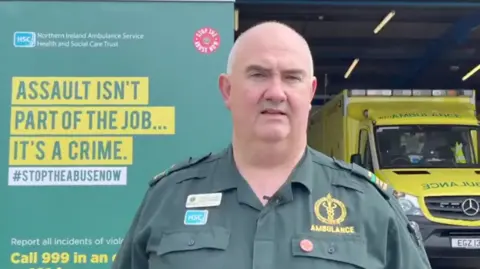 NIAS
NIASUnison representative Roddy Lynch said that when urban areas are understaffed, crews scheduled to cover rural areas are often redirected for emergencies, leaving people outside the city with fewer ambulances.
Mr Lynch has been working for the ambulance service for 29 years and says that demand increases every year.
But he said the number of ambulances available to the health service during his time has not increased.
“The ambulance service has been chronically underfunded for years, with budgets failing to keep pace with increased calls and rising demand,” he said.
Mr Lynch added that it can put strain on staff who are often asked to work overtime to fill the gaps.
“Ambulance crews are doing an incredibly physically and emotionally demanding job on the front lines,” he said.
“But the workforce is also overstretched; they’re struggling to get the necessary rest periods or to finish their shifts on time.”
The workload often leads to “burnout or sickness-related absences,” he said.
Unnecessary callouts
NIAS said there are a number of factors that can impact the availability of crews, including scheduled leave and sickness.
Where gaps are unable to be filled with NIAS staff, the organisation said it has contingency planning in place, which includes reassigning non-emergency staff and crews.
In a statement, it highlighted the impact of unnecessary callouts, asking the public to “consider other options before dialling 999 to ensure that ambulances are available to respond to life-threatening emergencies”.
“NIAS will prioritise calls based on clinical need to ensure that those whose need is most urgent receive the fastest response,” it continued.
“We would also ask the public to consider other options before dialling 999 to ensure that ambulances are available to respond to life-threatening emergencies.”
Wider problem across the health service
 Pacemaker
PacemakerThe Department of Health said it was working with NIAS on a “workforce plan for the future” in what it called a “highly challenging financial environment”.
It added that the department had provided funding to recruit the first batch of newly qualified paramedics and to establish an integrated critical hub to triage 999 calls.
“Forty-one newly qualified paramedics are now in post, which will support ambulance rotas,” it said.
Dianne Dodds, the DUP MLA who sits on Stormont’s health committee, said staff shortages in the ambulance service are “the symptom of a much wider problem across the Health Service”.
“Delays in discharges in hospitals feed back into emergency departments, which can often see patients waiting for long periods in ambulances.”
She added: “They face those stresses alongside disgraceful attacks witnessed on staff.”



